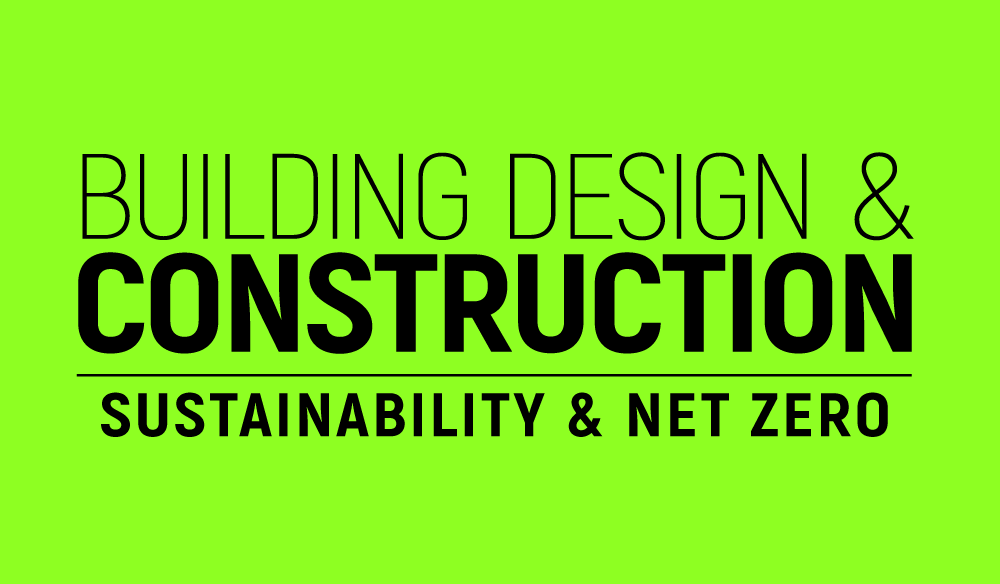New flex provider Koba has recently announced its official entry into the UK flex market with the launch of its first venture, Koba @ 100 Barbirolli Square, in Manchester City Centre.
We hear from Strategy and Sustainability Director Rob Stewart about an initiative the company has introduced to push the boundaries of sustainable practice and help transform the construction industry’s ability to reuse and repurpose materials via the pioneering Materials Passports system.
Moving away from the construction sector’s throw away culture, we have taken the innovative approach to sustainability through the groundbreaking use of material passports in our sites. The future of work is not just about innovative spaces, but evidence-based, sustainable practices that redefine our relationship with the environment.
Material passports are one of the latest original concepts we will be implementing later this year following the opening of our first flagship flex site in Manchester – Koba @ 100 Barbirolli Square – where our sustainability manifesto will be realised. They enable the circular reuse of materials and a design that minimises the environmental impact during a building’s construction and its operation. This in turn helps address the challenges of the climate emergency and advance the sector towards its net zero targets.
The key to the efficient reuse of structural elements of a building, material passports work much like your own passport, a digital ID that follows the material and stores information on the travels it has made. It contains all the information about the construction, materials, and life cycle of one of our spaces from the inception to its decommissioning, providing a comprehensive record that delivers transparency and accountability for sustainability at every step.
We have selected Madaster as the platform through which to create these material passports, measure their circularity and importantly feed this data back to customers. Madaster is a leading platform for material passports and circular economy solutions in the built environment and we are excited to join their partner network which enables us to capture and share data insights about our project portfolio. The ability to display that data within our sites will be a big part of our brand proposition.
But why do material passports matter? They provide transparency in both design and materials, aligning with this value and offer detailed insights into the sustainability of projects. They also champion the circular economy. The use of material passports helps us to track and manage these materials more effectively, making our office solutions both innovative and environmentally responsible. It is also our mission to reduce environmental impact, creating office interiors that are as sustainable as they are functional. Material passports help drive prioritised materials that have lower environmental impact.
Our approach to sustainable office interiors allows us to deliver customised sustainable solutions because we understand that each office has unique needs. Building passports enable us to precisely tailor our sustainability efforts to ensure that our designs are both innovative and demonstrably sustainable. This commitment to sustainability is also reflected in our choice of materials. With material passports, we’re incentivised to obtain greener materials and products that are better for people and planet. In line with our goal to leave a positive impact on the planet, material passports help to minimise construction and demolition waste, as we seek to increase reuse and recycling.
We’re not just creating office spaces; we’re designing the future of work where sustainability is at the core. Material passports are a vital tool in this journey, ensuring that every office we design is a step towards a more sustainable future.
Building, Design & Construction Magazine | The Choice of Industry Professionals





